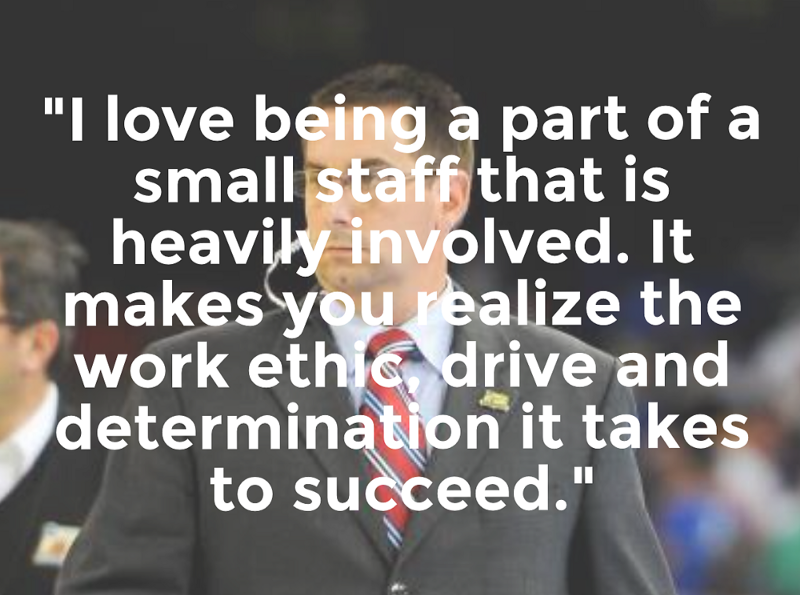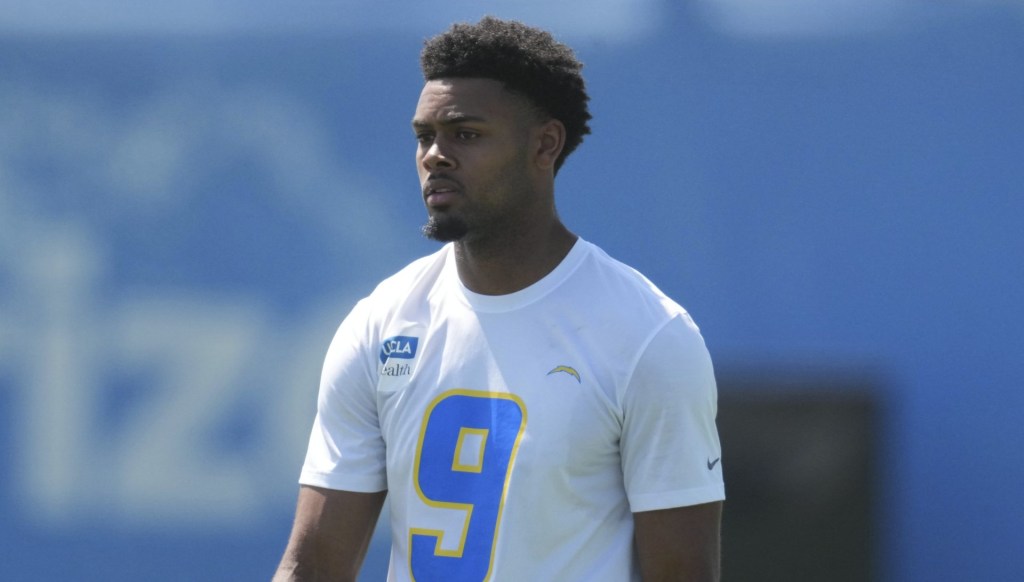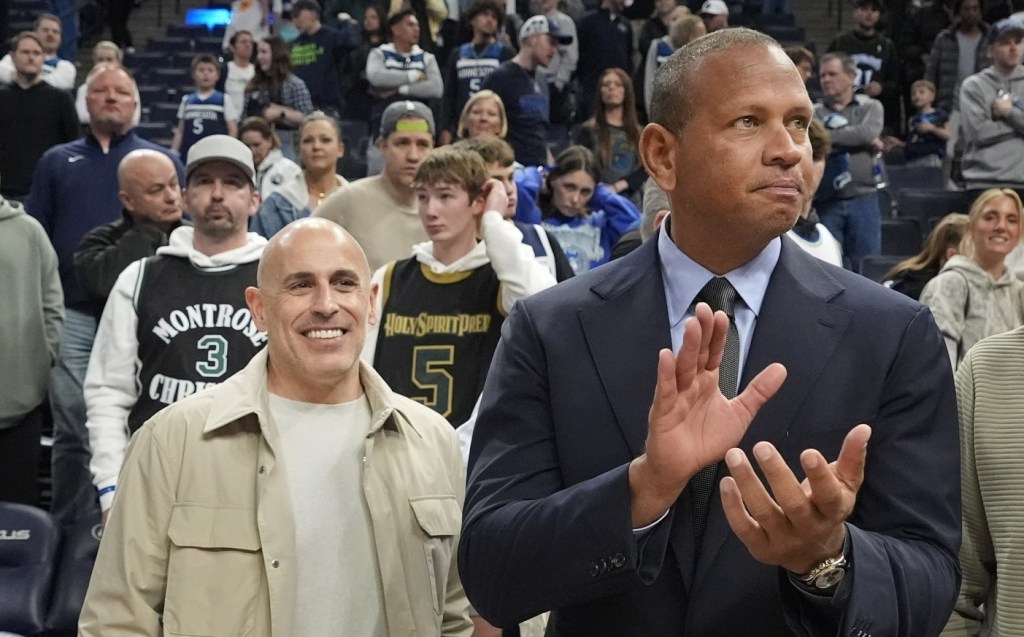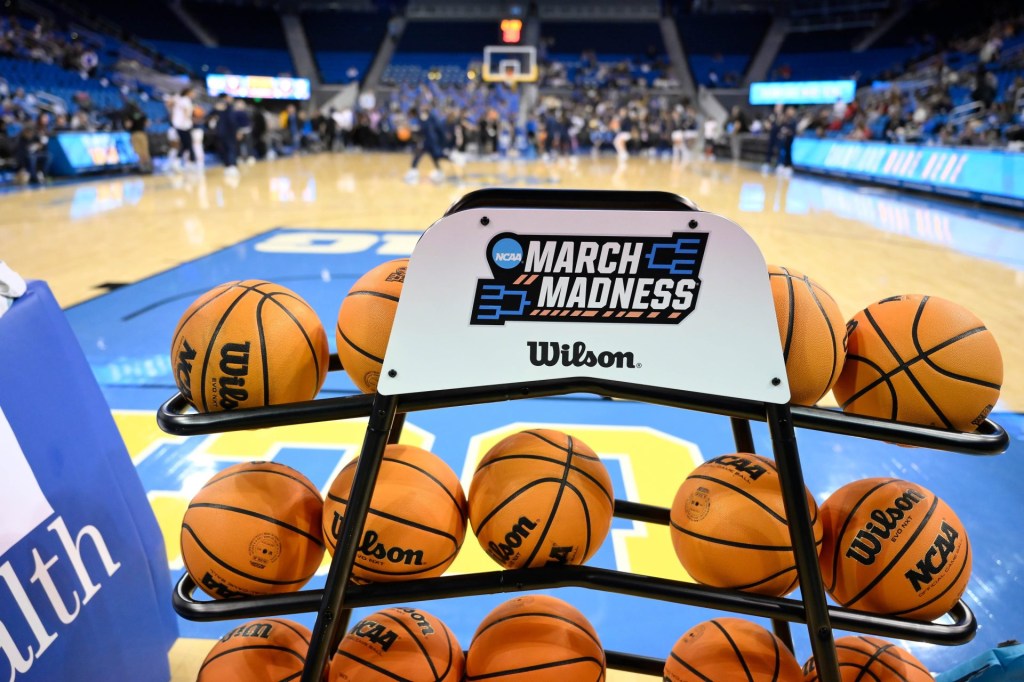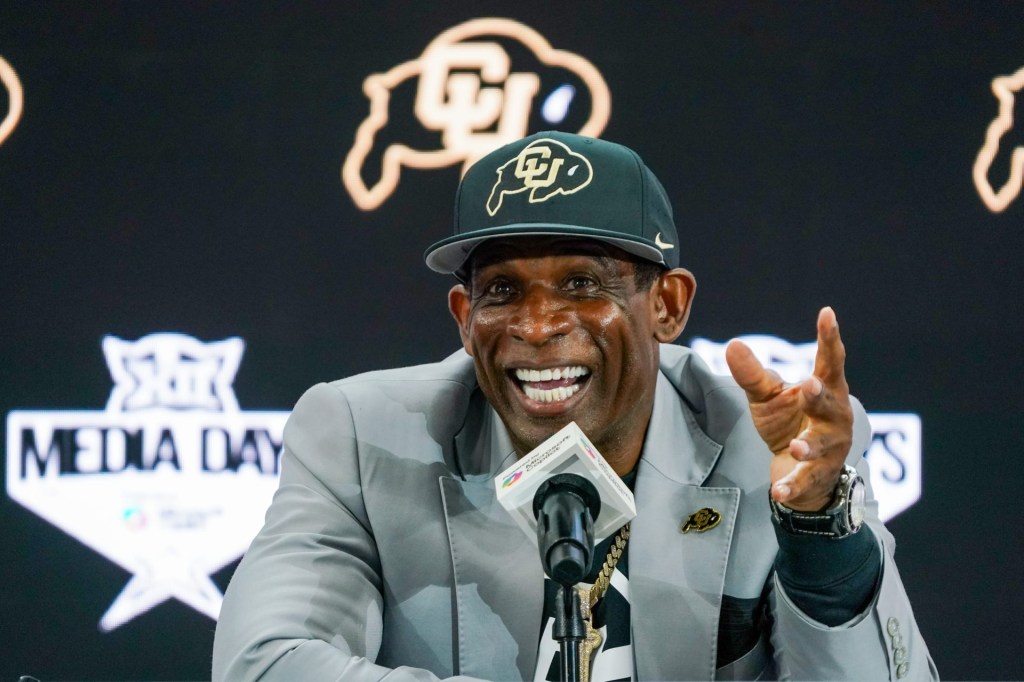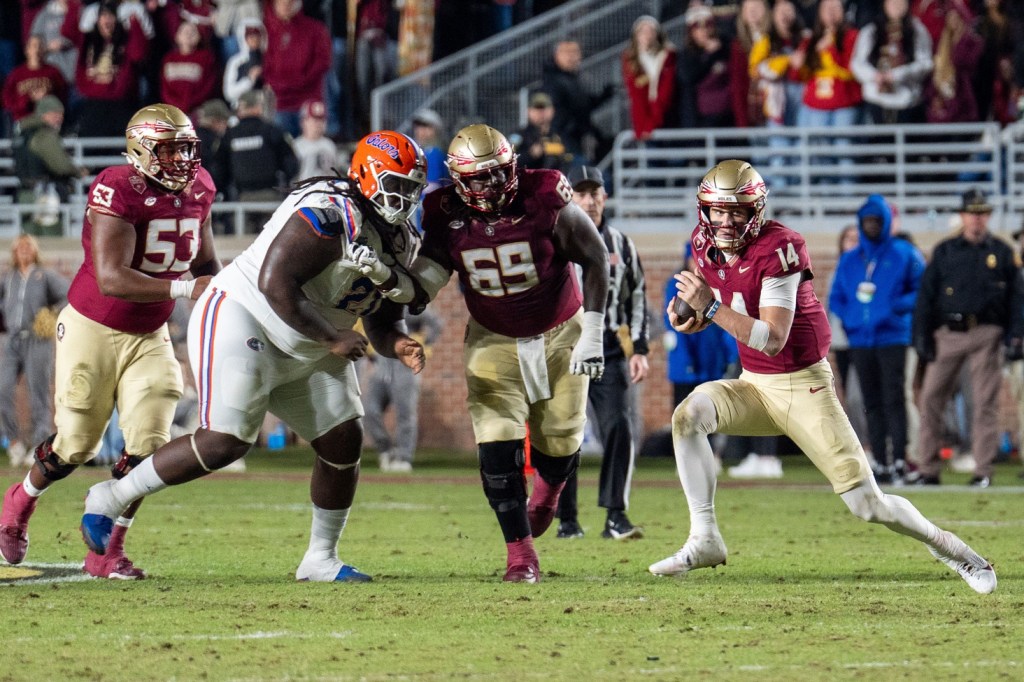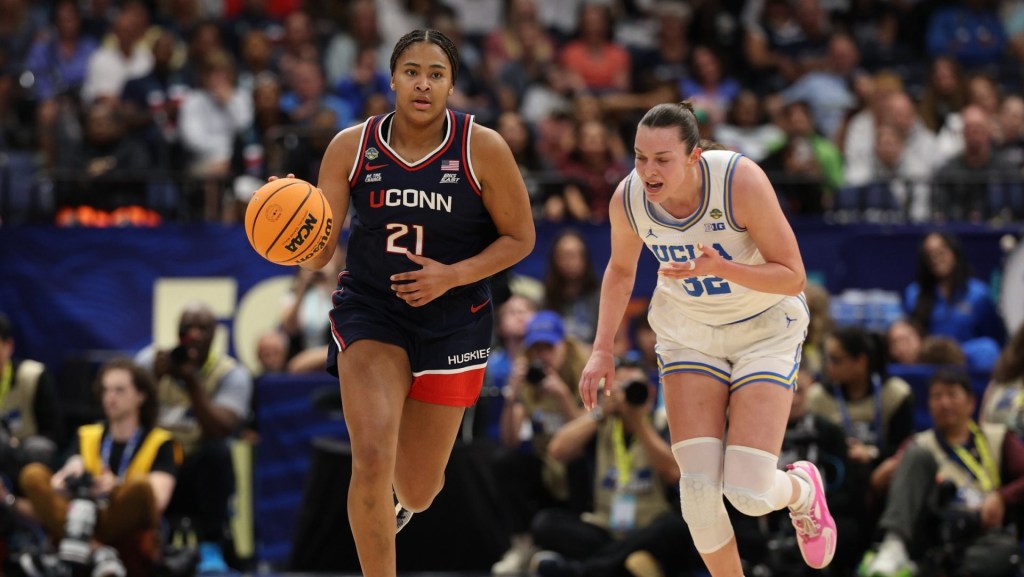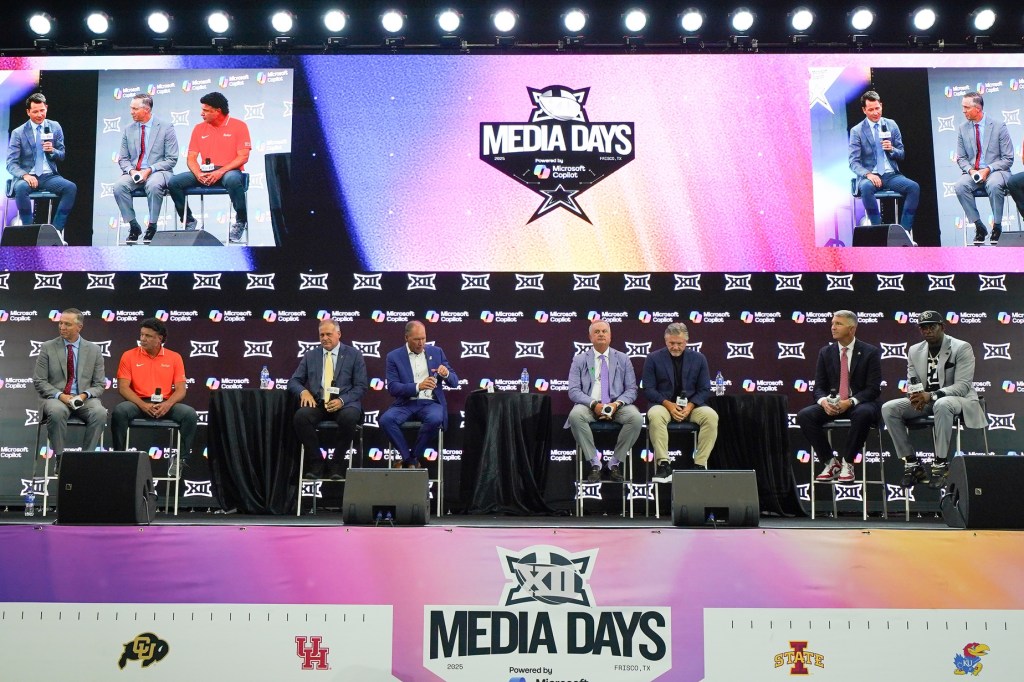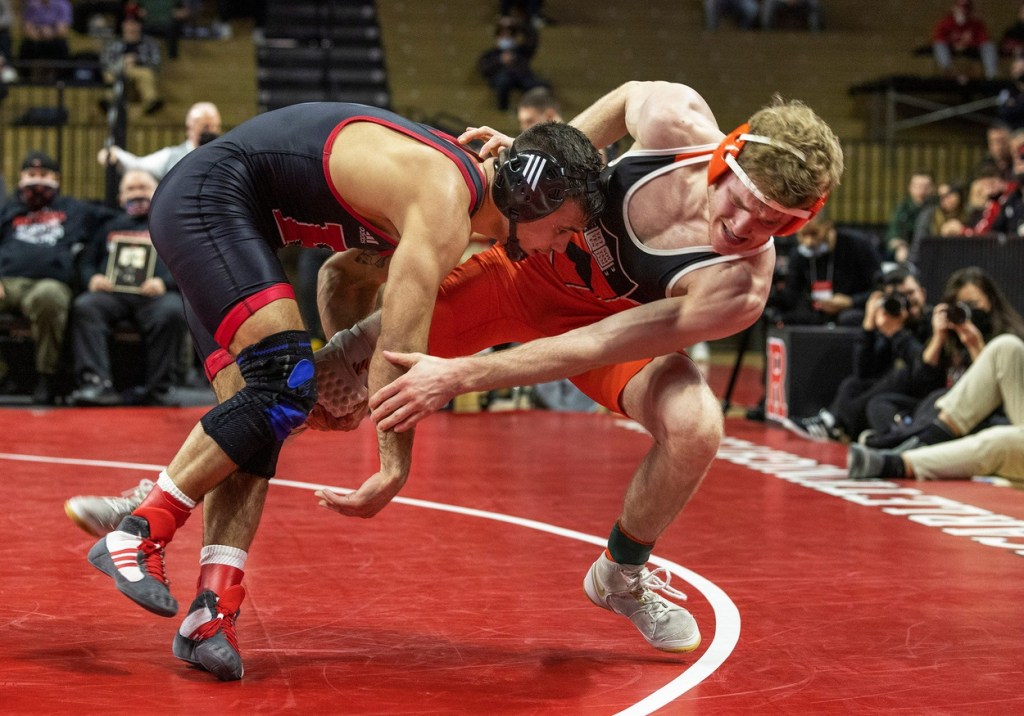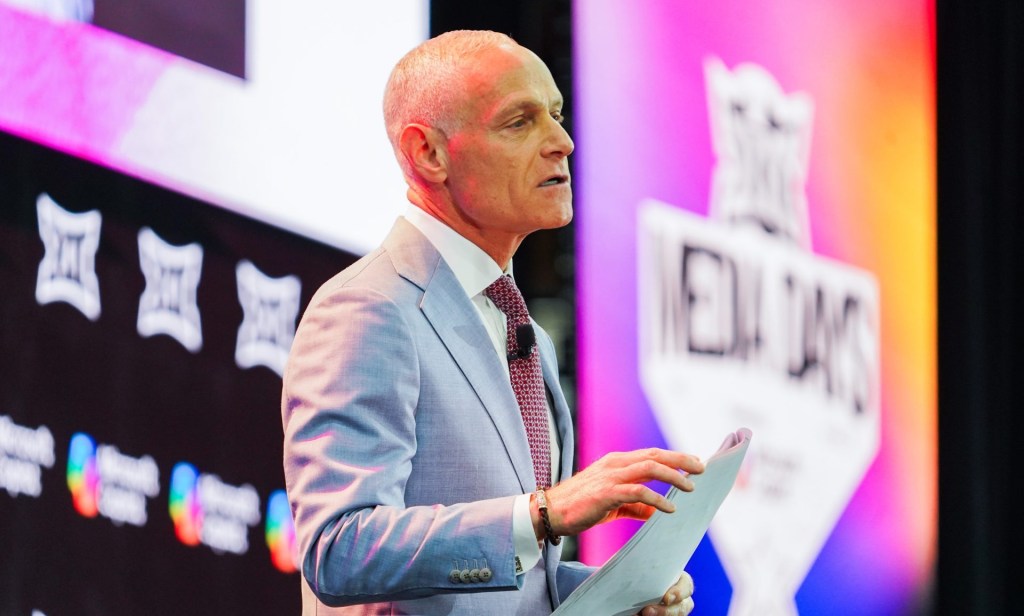By: Adam White, @FOSAdam

Front Office Sports is proud to have sat down with Justin Newell, Assistant Athletic Director and Director of the Kenyon Athletic Center for Kenyon College. A graduate of the University of Delaware, he wasn’t planning to work in sports until he had a revelation. Once he found working in sports to be his true passion, Justin went back to school to receive his Masters in Sports Administration from Millersville University of Pennsylvania. Since breaking into the industry he has kept with him the passion that he started out with and now has over 10 years of experience working in collegiate athletics mostly on the facilities and operations side. He was gracious enough to offer up his time and insight into what it is like to get started in collegiate athletics, why you have to be willing to get dirty early and often and why showcasing yourself will do more for you than any resume will.
How did you get where you are today? Did you envision yourself always here?
Clearly humbled by his beginnings outside of the sports industry, he made it clear that he never envisioned being where he is today saying, “Not at all. I started out with a degree in Wildlife Conservation and wanted to really go into endangered species research.” Like many of us, he realized that Wildlife Conservation while interesting wasn’t his passion and he “had a change of heart” after starting to “coach his high school lacrosse team” where he quickly realized that he “wanted to work in sports full-time.” It wasn’t till “After this revelation, and coaching for a bit,” did he go back and get his masters in sports administration.
When asked about why the career change made sense to him, he was quick to point out “I made the career change, because I wanted to make sure I was doing something that I was passionate about and that I wanted to be involved in.” After becoming involved in the sports industry it wasn’t long before he found his niche saying, “I kind of fell in love with facility and event management while I was working on my masters and after I was finished I got a position working with the University of Michigan Ice Hockey program and really learned the ins and outs of a single program and a single facility and what it is like to work with a larger venue and everything that comes with it.”
Not only was he helping with the actual operation of the facility, but also he was “helping with everything from community relations to getting there at 4:00 a.m. for ice time.” Although the work was hard he knew it was a matter of time before it all clicked and when it did, he knew he had found something he loved, “it truly made for a great experience and at that point I really knew I had found my passion.”
Although he had found his passion, he was still unsure where to take it. Knowing only that he wanted to learn more about every aspect of an athletic department he “really focused in on working in smaller schools.” As someone who loves being hands on, his favorite part of working in schools with a smaller athletic department is the smaller staff saying, “I love being a part of a small staff that is heavily involved. It makes you realize the work ethic, drive and determination it takes to succeed.”
When working in the athletics department at smaller colleges, what can/should someone expect?
As someone who has spent most of his career working for smaller schools this answer came easy as he said, “That you will get your feet in a little bit of everything. You have to be a generalist; you can’t be an expert in any one thing because you need to be knowledgeable in everything.” Although he wanted to make sure people understood that they would be pulled in many directions he also wanted them to know that they could be good in everything saying, “That’s not saying you can’t have a strong understanding of everything, you just have to realize you will take on roles in all aspects of the athletic department.”
What is the best career advice you have received?
Like many others, the best advice he has received has been centered around the importance of education saying, “(You) can’t stop learning, you are constantly getting an education no matter if its through a book education or through the everyday situations, you may not realize it, but you are learning everyday.” He also stressed that books and classroom time are not the only way to learn saying, “Any interaction you have is an opportunity to learn, and you have to make sure you take advantage of those opportunities.”
In today’s world where it seems like every school has a sports program, how does one differentiate themselves from the crowd?
He was quick to point out that he went to a smaller school with a lesser know sports management program, but how that didn’t hinder him because of what he did outside the classroom. In his eyes, “Your ability to communicate and the ability to show your passion are paramount. If you can show your passion, desire and your qualities, that’s what is going to shine through and make you stand out from the rest.” As someone who is “not one for cover letters,” and who only looks at resumes “to see what experiences you have” he wants students and young professionals to know that come interview time, “make sure you put yourself out there and that you are honest, truthful and showcase your passion. If you want a job, show it!”
If you could go back and tell 20 year old Justin one thing, what would it be and why?
Realizing that he was always very anxious when he was just starting out, he wanted to make sure that students today take a moment to realize what their opportunity truly means saying, “If I could tell a young version of myself something, it would be patience and to take advantage of opportunities as they come along, but be much more patient in your understanding of your position and realize what you have when you have it.” He also stressed the importance of being a life long learner saying, “I would also go back and tell myself to constantly learn and challenge myself. Although I felt like I did this to an extent, I know I could have done more. There is no substitute for experience, if you think you know it all, you don’t because you haven’t experienced it yet.”
What has been your hardest challenge so far working in sports? How did you learn from it?
For Justin, like many young and up and coming sports business professionals, his biggest challenge was reigning himself in when he started out. Like many college kids, he thought that he knew it all and because of this that his voice needed to be heard by others. Although he recognizes it now, he understands how much of a battle it has been saying, “My biggest challenge is the difficulty in checking yourself. In each step I have taken, I thought I knew so much more than I actually knew at the time and I felt like my voice needed to be heard. When it wasn’t heard, it became very difficult for me but, ultimately as I moved on in my career, I realized I didn’t know as much as I thought. Like many younger professionals, I was naïve in thinking I knew much more than I did early on and it was challenging to make sure I checked myself. I did fail at times, but I have learned more from those failures than I have the successes.”
What was your very first position in sports like? What should students expect going in?
Your first position in sports is not for the faint of heart and Justin was quick to confirm that when he said, “You have to show your willingness to get dirty. I tell people, you want to look presentable. You can wear khakis, but you better believe you will be replacing those khakis every so often.” In his mind, one of the benefits and truly enjoyable aspects of your first position in sports is everything you get to do. “You have to learn all aspects of the job that you are expecting other people to do. If you want to be an athletic director, you have to know everything about your department and your first job is that start.” He also would go on to stress how important laying a good foundation is saying, “You have to learn from the ground up and through your first job, you will be taking on every single position, which will allow you to understand how everything works and comes together.”
Parting Wisdom?
“You have to show who you are as a person. Don’t be fake, be real. Show all of your colors and be a complete person. It isn’t always about whom you know. If you show your true character that will take you a long way.”
“For me, when I’m looking to hire people, I look for people who have the experience. The people who have seen the failures, seen the successes and gotten their hands dirty are the people I want to hire. I look for people who have gone out and have taken advantages of opportunities and dealt with all kinds of people. In sports we are always dealing with people, so the more people you have dealt with the better.”
#OneWord?
“Fun- No matter what side of the industry you are on you are helping facilitate fun or helping deliver a fun atmosphere to the fans as well as allow the athletes to have fun playing the sport they love. If you really want success and longevity, it has to be fun for you. The word fun really encompasses everything we do as sports professionals.”
We would like to thank Justin for his time and insight! You can follow him on Twitter here and connect with him on LinkedIn here!
